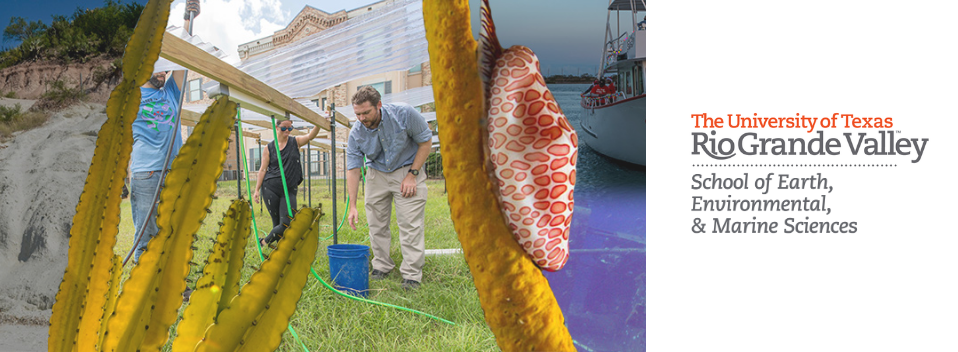
School of Earth, Environmental, & Marine Sciences Faculty Publications
Document Type
Article
Publication Date
11-2018
Abstract
In-shell pecans are susceptible to microbial contamination. This study was performed to investigate feasibility of using hot water treatment as a kill-step for food-borne pathogens during pecan shelling. In-shell pecans were subjected to hot water at 70, 80 or 90 °C for 1, 2, 3, 4 or 5 min. The time-temperature treatments to achieve a 5-log reduction of Salmonella enterica, Escherichia coli O157:H7, Listeria monocytogenes, and non-pathogenic Enterococcus faecium were determined. Thermal death values were determined for each tested condition. L. monocytogenes was most susceptible to heat treatment and were reduced by 4.6 ± 0.35 log CFU/g at 70 °C for 5 min, while 3–5 min at 80 and 90 °C treatments was required to achieve a similar reduction level for S. enterica, E. coli O157:H7, and E. faecium. S. enterica were most resistant and required 4 min treatment time to achieve a 5-log reduction at 80 and 90 °C. The D-values ranged from 1.15 to 1.72, 0.83 to 1.19, and 0.41–0.92 min at 70, 80 and 90 °C, respectively. E. faecium had the highest D-value (1.72 min at 70 °C), indicating a potential surrogate for process validation for pecan industries. Utilizing proper hot water treatment during pecan shelling could reduce food safety risk.
Recommended Citation
Kharel, Karuna, et al. “Hot Water Treatment as a Kill-Step to Inactivate Escherichia Coli O157:H7, Salmonella Enterica, Listeria Monocytogenes and Enterococcus Faecium on in-Shell Pecans.” LWT, vol. 97, Nov. 2018, pp. 555–60, https://doi.org/10.1016/j.lwt.2018.07.048
Creative Commons License

This work is licensed under a Creative Commons Attribution 4.0 International License.
Publication Title
LWT
DOI
10.1016/j.lwt.2018.07.048


Comments
© 2018 The Authors.